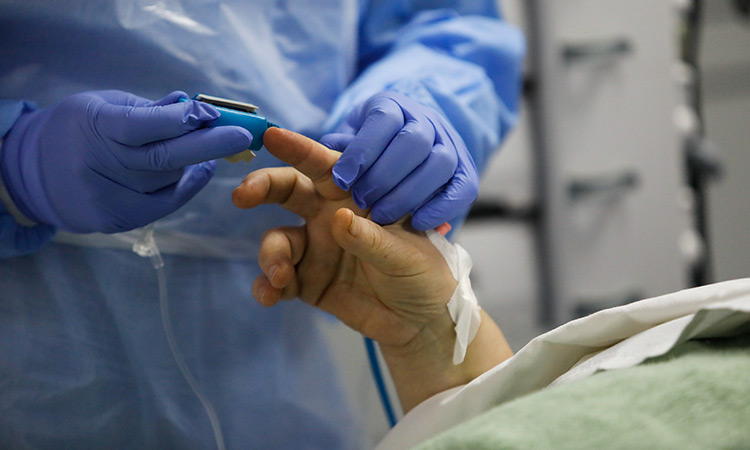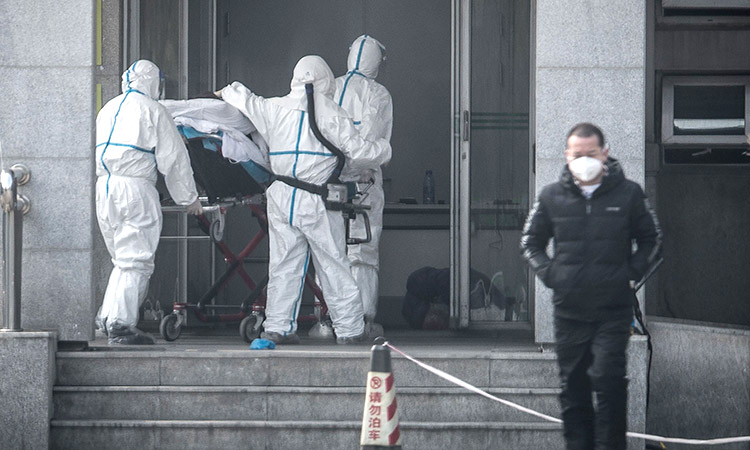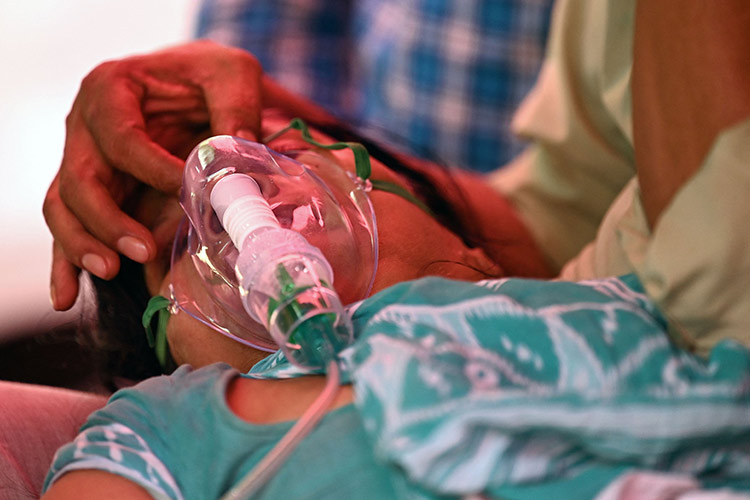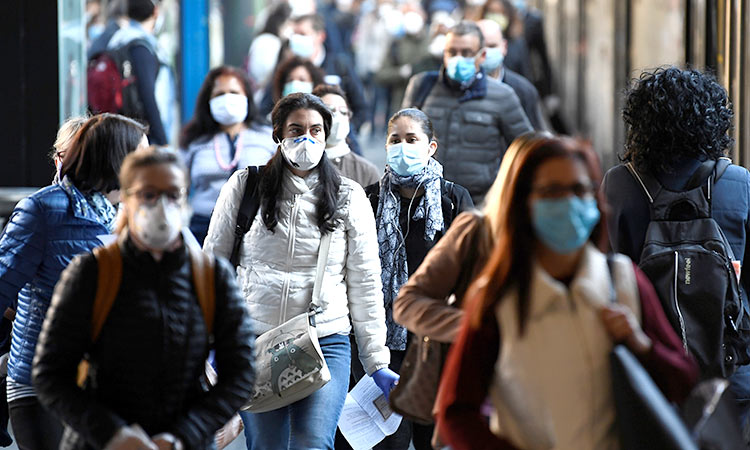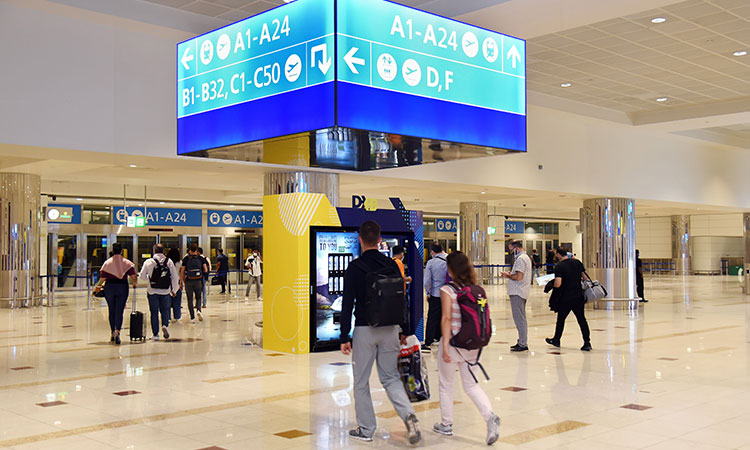Some myths about coronavirus making life tougher, says WHO
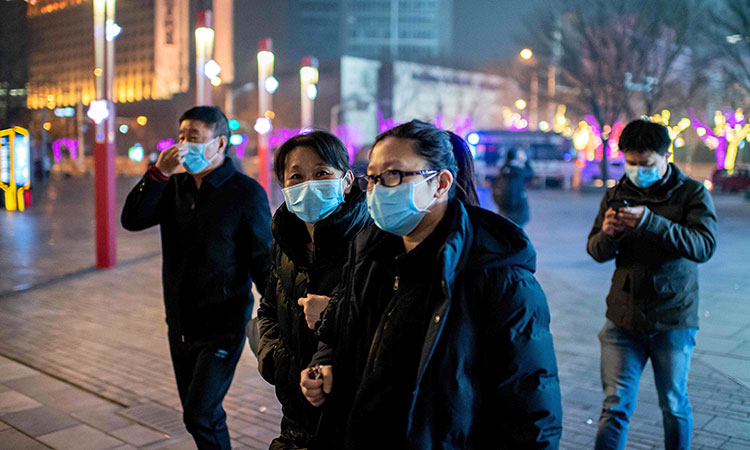
Photo has been used for illustrative purposes.
Amid the guidelines, myths concerning the virus have also been spreading, making it difficult for some members of the public to discern truth from fiction.
Here are some of the biggest myth-busting facts about Covid-19, as outlined by WHO.
You should wear a mask while exercising: MYTH
While some people may think it would be advisable to wear a mask while exercising outdoors or near other people, this is not the case, the WHO states.
The organisation explains that wearing a mask while exercising “may reduce the ability to breathe comfortably,” while also potentially promoting the growth of organisms when the masks becomes wet from sweat.
“The important preventive measure during exercise is to maintain physical distance of at least one metre from others,” the WHO says.
Prolonged use of medical masks can cause oxygen deficiency: MYTH
The WHO strongly disputes the notion that prolonged use of medical masks, when used properly, can cause carbon dioxide intoxication or oxygen deficiency.
The organisation states that when wearing a medical mask, people should “make sure it fits properly and that it is tight enough to allow you to breathe normally.”
Adding pepper to your food can prevent Covid-19: MYTH
The inclusion of pepper in the meals you eat cannot stop you from catching the coronavirus, nor can it be used as a treatment if you start to exhibit symptoms, the WHO states.
The organisation adds that it is “beneficial for your general health to maintain a balanced diet”, in addition to hydrating, exercising and having a balanced sleep routine.
Drinking alcohol will not protect you against the virus: FACT
The WHO has warned not to put your health at risk by drinking alcohol in the mistaken belief that doing so will help combat the coronavirus.
“Drinking alcohol does not protect you against Covid-19 and can be dangerous,” the health organisation states, adding: “The harmful use of alcohol increases your risk of health problems.”
There are currently no licensed drugs or medicines to treat or prevent Covid-19: FACT
The WHO explains that while there are “several drug trials” taking place, “there are currently no drugs licensed for the treatment or prevention of Covid-19”.
“There is currently no proof that hydroxychloroquine or any other drug can cure or prevent Covid-19,” the health organisation says, warning that “misuse” of the medication “can cause serious side effects and illness and even lead to death”.
While antibiotics do not work as treatment for viruses such as Covid-19, if a patient develops a bacterial infection after becoming ill with the virus, then antibiotics may be recommended.
If you are feeling breathless, the National Health Service suggests trying to cool your room down by opening a window or turning the heating down, by practising breathing exercises and sitting upright.
Bleach cannot be used to protect against the virus and is dangerous: FACT
In April, it was reported that US President Donald Trump had suggested injecting disinfectant to combat Covid-19.
The WHO emphatically states that “spraying and introducing bleach or another disinfectant into your body will not protect you against Covid-19 and can be dangerous”.
“Do not under any circumstance spray or introduce bleach or any other disinfectant into your body,” the organisation says. ”These substances can be poisonous if ingested and cause irritation and damage to your skin and eyes.”
The use of 5G networks increases risk of the coronavirus: MYTH
While myths have circulated regarding the supposed connection between 5G mobile networks and coronavirus transmission, the WHO has strongly dispelled this notion.
“Viruses cannot travel on radio waves/mobile networks. Covid-19 is spreading in many countries that do not have 5G mobile networks,” it states.
Higher temperatures and sun exposure safeguard against Covid-19: MYTH
Throughout the Covid-19 outbreak, some have believed the idea that being in a warmer climate protects against the virus.
However, this isn’t the case, as “you can catch Covid-19 no matter how sunny or hot the weather is,” the WHO states.
“The normal human body temperature remains around 36.5°C to 37°C, regardless of the external temperature or weather.”
People who test positive for the virus may have it for the rest of their lives: MYTH
Testing positive for the coronavirus does not mean you will be infected for life, the WHO states.
“Most of the people who catch Covid-19 can recover and eliminate the virus from their bodies,” the organisation says.
The Independent
